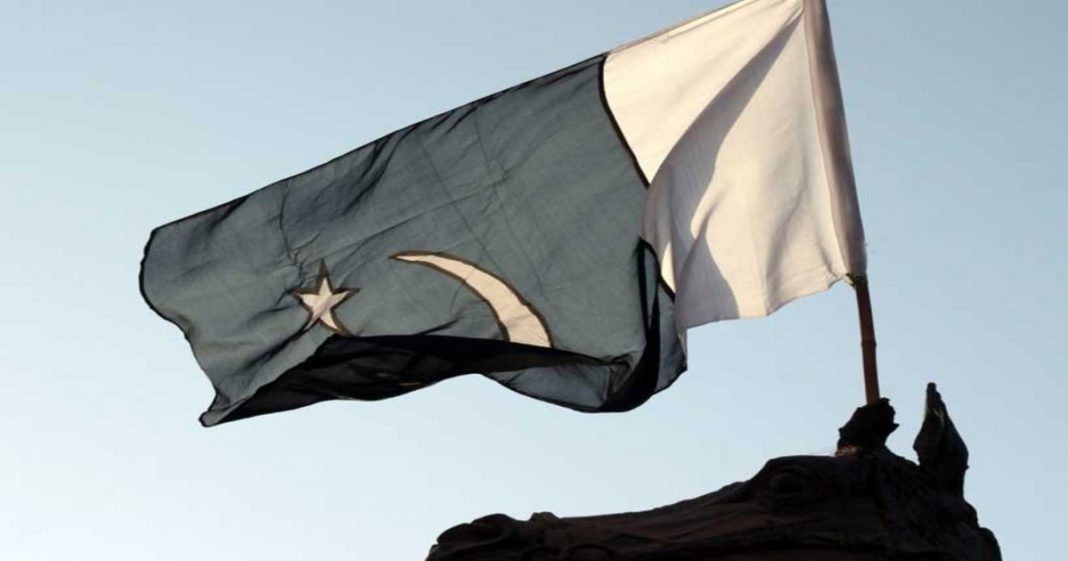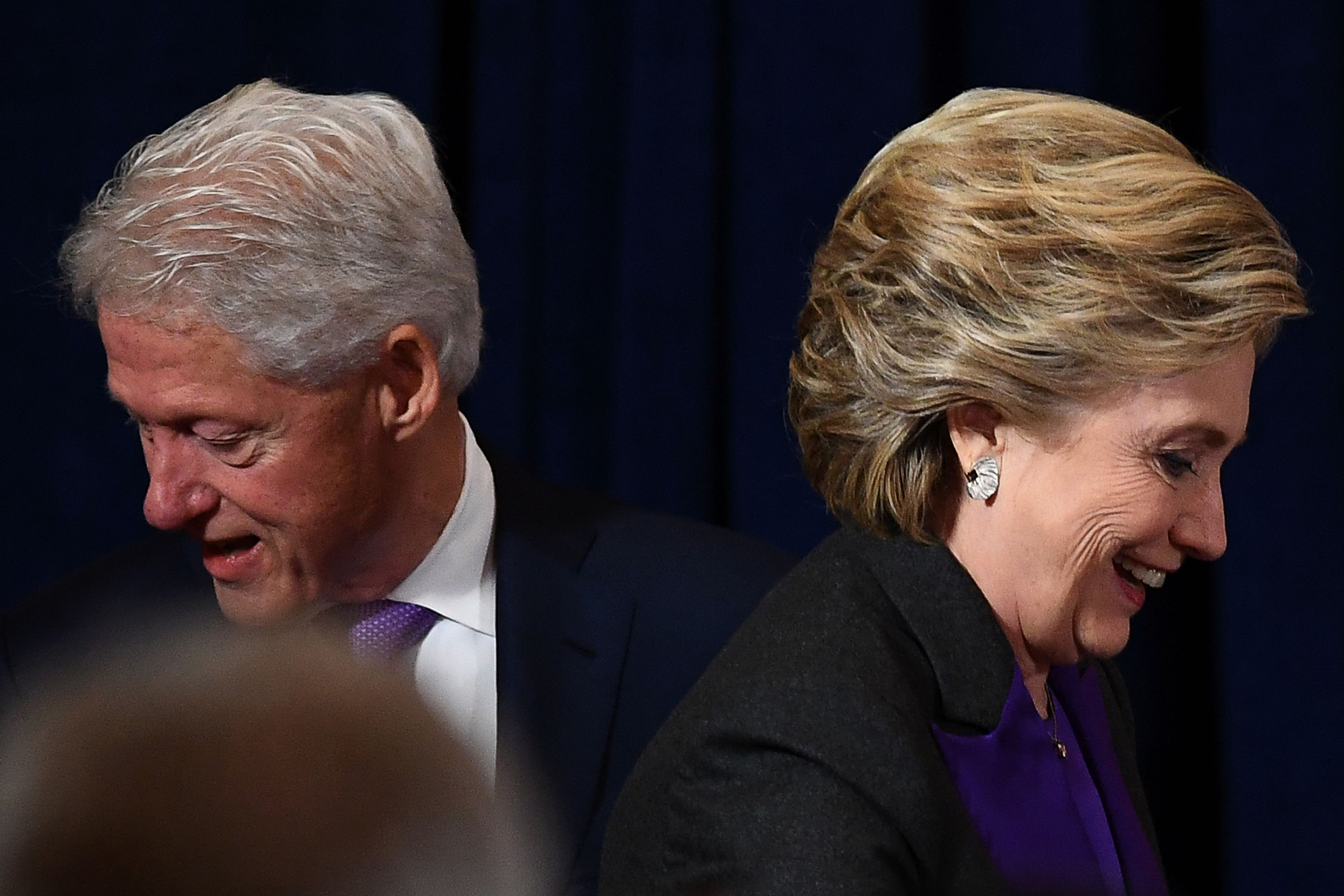We seem to be fixated on the corruption of politicians without realizing that it is only a very small part of the problem. Politics constitute less than ten percent of the governance of a modern state; the rest is all about administration and management that demand knowledge and relevant experience. For example, there is no country in the world where the politicians have been more corrupt than in Italy. In the past seventy years, it has changed governments sixty times yet its GDP is appreciably greater than that of Russia.
It was the same with France that changed governments almost every year after the war. Even so, the rate of growth of its economy during that period was the highest it has ever been. The reason for it was that institutions like the civil service, judiciary, and police remained independent while the rest did the jobs they were meant to do.
If corruption persists in Pakistan, it is because we don’t know how or even don’t want to deal with it. The people who take and give bribes do not come from an alien planet but are the father, brother, uncle or friend, etc. of someone among us and we loathe seeing them brought to justice. It is about the moral and social responsibilities that are not properly inculcated at home and in schools. If history is anything to go by, Draconian punishments and making examples of a few are not the answer.
Read more: Corruption: Pakistan’s crippling problem – Dr. Farid A. Malik
Why Pakistan needs people like Andrew Carnegie
Perhaps, the most worrying specter that threatens our future is the unsustainable rate of population growth. It can only be controlled through awareness, especially among uneducated women. There are strict limits to what any government can do under the circumstances. However, enlightened women can be very effective in advising and assisting their less fortunate sisters in matters related to family planning.
In the ultimate analysis, whatever happens in the country is linked to the quality and extent of education. If each literate person were to teach an illiterate one daily for a year, it is possible to virtually eliminate illiteracy in five or six years.
Similarly, volunteers could take it upon themselves to help out in schools and colleges in their localities. There are scores of fields such as health, sports, arts, ethics, etc. where volunteers could provide valuable help.
Andrew Carnegie, a steel magnate, built and stocked 2,600 public libraries in the US. It must be well within the capability of many thousand people in Pakistan to donate at least one such facility, if not more. We owe it to the country that gave us everything. Nations are made great not by their governments but by people like Andrew Carnegie.
Did you know that the average US public library building is more than 40 years old? And while many have been refurbished, nearly 800 of the libraries financed by Andrew Carnegie more than a century ago are still in use as libraries today? Why is this important you ask?
— Patricia "Patty" Wong (@VotePattyWong) September 14, 2021
Read more: Understanding the loopholes in Pakistan’s education system
For the economy to grow, it requires investment. It is sad and regrettable that people with disposable capital in Pakistan prefer to invest and create jobs outside the country, making it poorer and politically and socially vulnerable in the process. Investing in countries where one is never fully accepted or respected while taking away jobs and promoting instability at home is not something a patriot would do.
A country running on political whims?
The role played by the media is not always positive or constructive. Like the politicians and the civil and military bureaucracy, they too have not been free of ineptitude and corruption. Citizens can form media watch committees to ensure that the media do not compromise but remain focused on national issues, serving only the national interest.
For politics, we allow maverick interlopers to seize power, without protesting and let them run our lives as it pleases their whims and fancy. They are only there to help themselves. When foreign troops and aircraft attack our villages and kill innocent people, we take it lying down nor are we outraged when our leaders illegally hand over our citizens to foreign powers to be abused and tortured.
Read more: How Pakistan’s political leaders failed Quaid-e-Azam
We have allowed obscurantist ignoramuses to misinterpret and exploit religion and even rewrite our history, among other things. Now even the politicians are doing it. It has caused a significant segment of our youth to be led astray. There is no shortage of talented scholars, artists, sportsmen, and individuals with a host of other skills who can help guide them back but they don’t. This kind of apathy is not going to get us very far.
A reminder of Pakistan’s remarkable potential
We are all in the same boat; making holes in any of its parts will sink all of us regardless. If there is to be a future, we need to unite and assume responsibility for ourselves and our country. Things do not improve on their own. Also, bad things happen only when good people allow these to happen.
It is not the spirit and capability that are lacking. What is needed is some initiative, organization, and planning at the local level. We saw these at work after the earthquake in Kashmir and the Northern Areas when Pakistanis set an example to the world, manifesting Iqbal’s contention: ‘Zara num ho to yeh mitti bahut zarkhez hai saqi.’ The time for listening to sermons from politicians or expecting any good from them is long past. We need to move on and play our own part in the best way we can.
The writer is a retired naval officer and is the author of ‘Pakistan: Roots, Perspective and Genesis’ and ‘Muslims and the West: A Muslim Perspective.’ The views expressed in the article are the author’s own and do not necessarily reflect the editorial policy of Global Village Space.














